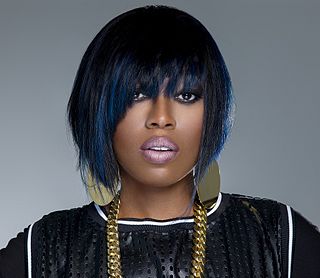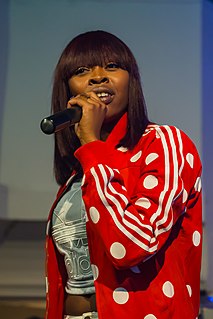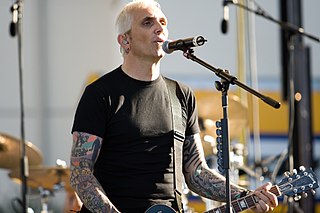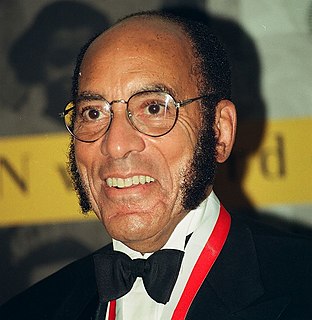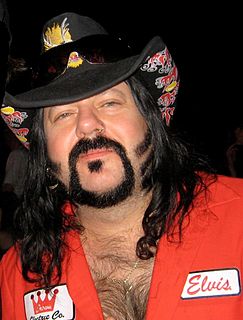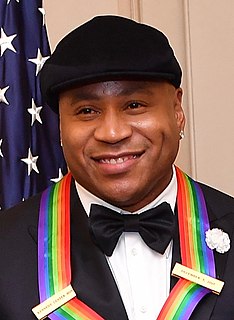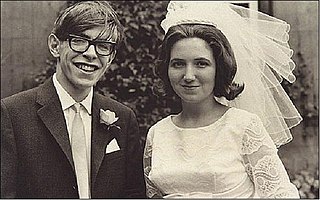A Quote by Missy Elliott
When you turn on your radio, you don't always want to hear about someone shootin' some person. Even if that's the lifestyle they live, people don't always want to hear it.
Related Quotes
Someone told me something recently about Sarah Palin, someone I trusted in the book business. They said, "I worked with Palin. She did an event at my bookstore, and she was really, really nice, and even more beautiful in person." I didn't want to hear that. I wanted to hear that she was awful and hideous-looking. But I thought, I have to listen to that. I have to hear that. I don't want to be the one who is going to deny anything complimentary said about somebody just because I disagree with that person.
What it comes down to, I believe, is that mentoring often involves telling people what they need to hear, rather than what they want to hear. When you are able to be humbly honest with someone about a situation with which you have personal experience-even if you risk angering or hurting that person-you are offering the most valuable gift of all.
I have no patience with people who want to tell me what's wrong. I only want to hear from the person who first tells me the solution and then fills me in on the problem. I don't want to hear that your basement is flooded. I want to hear that you've found the number to the cleanup company. Then tell me why you're calling them.
I'm coming into places with some people who just want to hear what I did before, with some people who want to hear me with a band, but I am just at the moment sticking to my guns and saying, 'You know what? I want you just to hear this for a minute. I want it to be in the context of me and a guitar.'
Noam Chomsky is, in some ways, a victim of this new millennium we live in because you can't pull a sound bite from that guy and understand what he is talking about. You have to hear the whole paragraph. You have to hear the whole page. You've got to hear the whole conversation if you really want to understand it and that could change your life.
A big part of making an album is that you want to have enough material - you want to have enough stuff for people to hear and know that it represents you. So it does sometimes turn into a situation where you're saying to the person you're working with, "Well, what do you want?" But then there are other times when I work with people and they'll turn to me and say, "How do you want to do this?" And that's actually when I work best.
